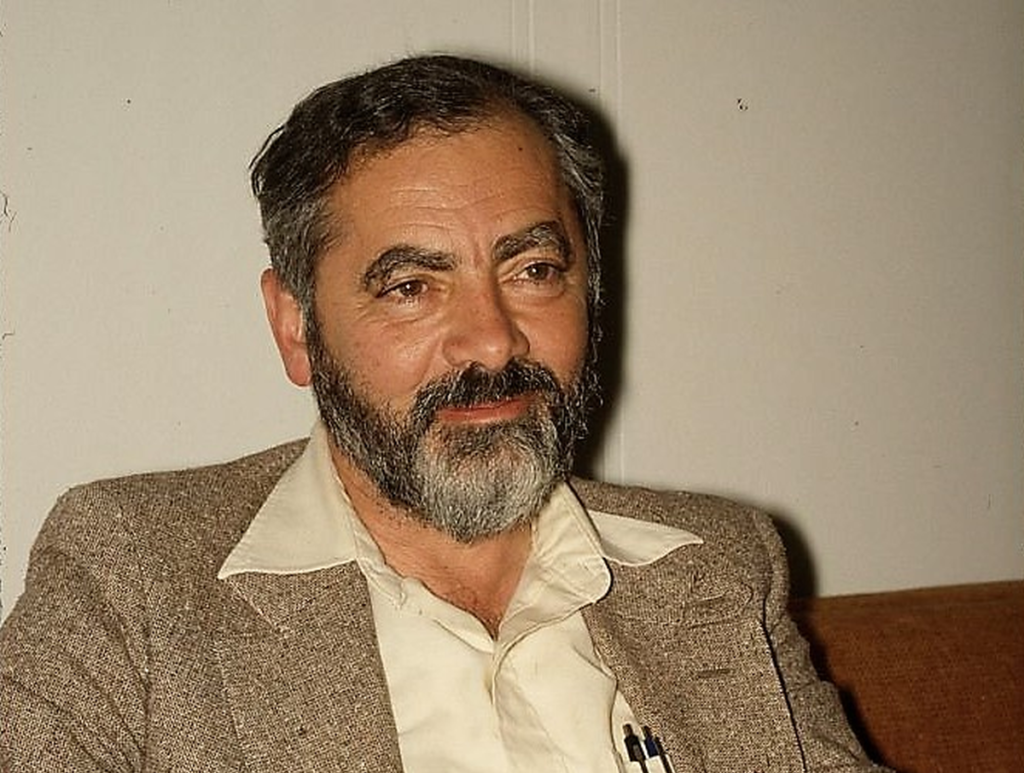“Suddenly it’s not so unreasonable to express the opinion that collective Jewish safety and Palestinian national aspirations are mutually exclusive.”
An undisclosed location in the afterlife, depending on one’s position vis-à-vis the man, December 25 – A firebrand Rabbi assassinated in 1990 who advocated for the induced or forced removal of Arabs from Israel and its territories if they failed to commit to supporting the country as a Jewish state expressed circumspect frustration today that his killing occurred 33 years before a Palestinian-perpetrated massacre created a critical mass of Israelis who have come around to considering his views more than the ramblings of a dangerous extremist.
Rabbi Meir Kahane, an American-born Jewish defense activist who moved to Israel but found a system that stymied his advancement of controversial anti-Arab ideas – including a court decision that made his political party illegal – sighed from his post-mortem abode at the bitter reality in which it took decades of Palestinian brutality for a significant number of his compatriots to begin reconsidering their dismissal of his radical notions as the ramblings of a fringe personality whose antics could only cause trouble.
“I know some of my followers have at times scrawled graffiti or put up stickers and posters proclaiming I was right,” Kahane acknowledged. “After a major terrorist attack, or a series of attacks, those would make an appearance, and then fade away when things calmed down. But then came October 7. Something changed that day and in the weeks that followed. Suddenly it’s not so unreasonable to express the opinion that collective Jewish safety and Palestinian national aspirations are mutually exclusive. Too bad I’m not around to ride that wave.”
Kahane was assassinated at a New York City hotel where he had come to deliver a speech. His assassin, El Sayid Nosair, followed an extremist Muslim figure in New York whose followers later perpetrated the World Trade Center bombing of 1993. Kahane never lived to see the “land for peace” model of addressing the Arab-Israeli conflict applied to the Palestinian issue; the deceased rabbi admits the Oslo Accords and their follow-on arrangements might have killed him of heart failure had he lived to see them implemented, to say nothing of the Disengagement from the Gaza Strip in 2005.
His followers, hounded by law enforcement, continue to flirt with harassment of Palestinians that borders on incitement to violence, and for decades, mainstream Israelis have regarded them and the lawless “hilltop youth” as an embarrassment at best, an outright criminal element at worst. October 7, however, has shifted Israelis’ perceptions, leaving mainly the far left inclined to treat the Kahanists harshly.
“I could have been a contender,” mused the dead leader.
Please support our work through Patreon.
Buy In The Biblical Sense: https://www.amazon.com/dp/B0B92QYWSL





